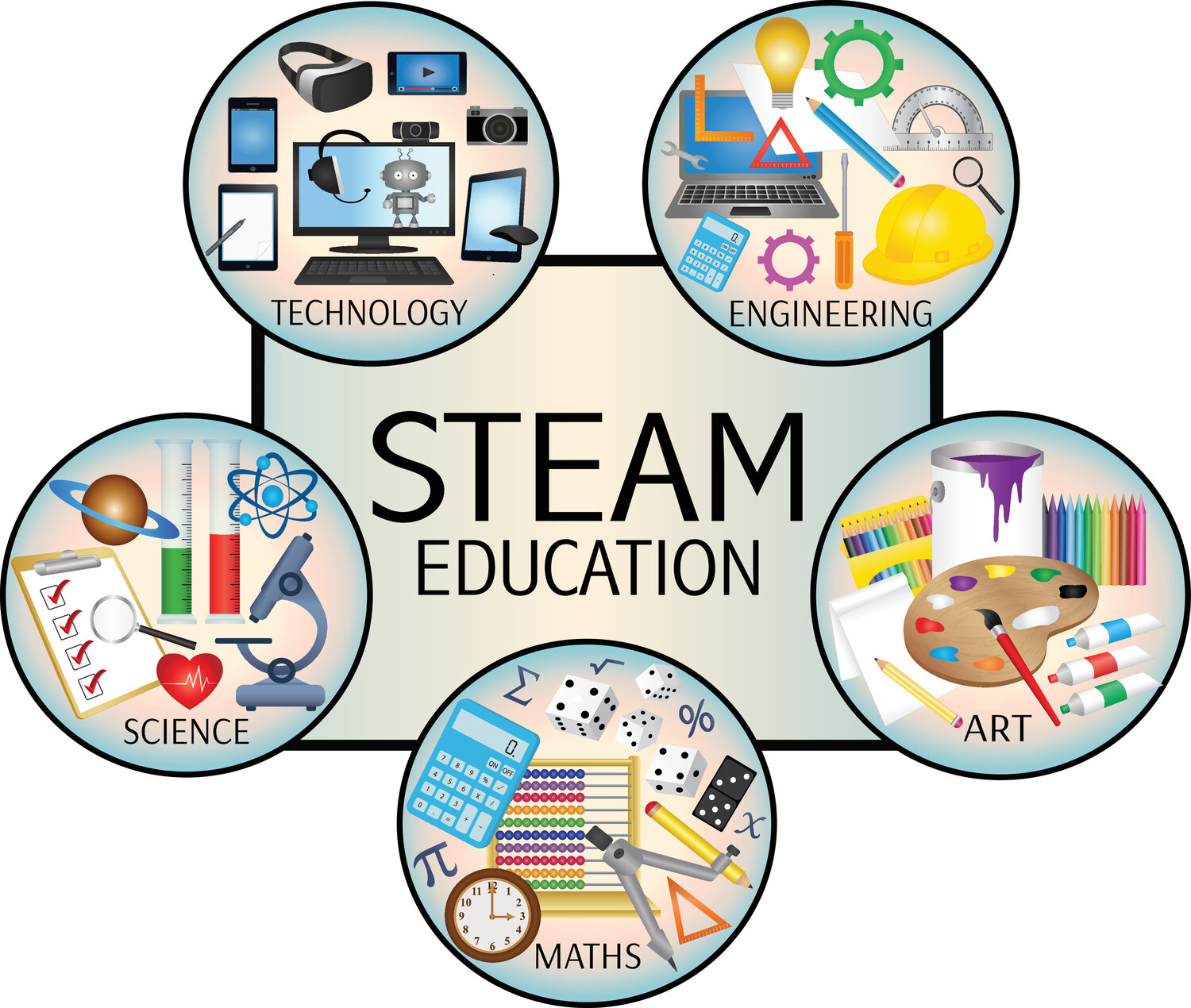Linguistic Mastery: Home Schooling Language Learning

Unlocking Linguistic Mastery: Home Schooling Language Learning
Home schooling provides a unique opportunity for students to delve into language learning in a personalized and effective manner. This article explores strategies and insights on how home-schooled students can master languages, embracing the benefits of linguistic proficiency for future academic and personal endeavors.
Customized Language Curriculum:
One of the advantages of home schooling is the ability to tailor the curriculum to individual needs. Language learning can be seamlessly integrated into the daily schedule. Parents can customize lessons to match the student’s learning style, pace, and specific linguistic goals, creating an environment that fosters a deep understanding of the chosen language.
Immersive Learning Experiences:
To truly master a language, immersion is key. Home-schooled students can leverage various immersive experiences, such as watching foreign-language films, listening to podcasts, or engaging with native speakers through online platforms. These experiences provide real-world context, improve pronunciation, and enhance overall language comprehension.
Utilizing Language Learning Apps:
In the digital age, language learning apps offer interactive and engaging tools for home-schooled students. Apps like Duolingo, Rosetta Stone, or Babbel provide structured lessons, vocabulary building, and practice exercises. These platforms cater to different proficiency levels, making language learning both accessible and enjoyable.
Cultural Exploration:
Language is deeply intertwined with culture. Home-schooled students can enhance their language learning journey by exploring the cultural aspects of the languages they study. This includes learning about traditions, customs, literature, and history, creating a richer and more comprehensive understanding of the language.
Multilingual Literature Studies:
Incorporating literature written in the target language enhances language skills and cultural understanding. Home-schooled students can explore works of fiction, poetry, or historical texts in the language they are learning. This not only improves language proficiency but also broadens their literary horizons.
Home Schooling Language Learning – A Hub for Resources:
For a plethora of resources and insights on integrating language learning into home schooling, visit Home Schooling Language Learning. This online hub offers articles, tips, and a supportive community for parents and students navigating the diverse landscape of language acquisition.
Interactive Language Games:
Learning a language can be made fun through interactive games. Home-schooled students can engage in language-specific games that focus on vocabulary, grammar, and language structure. These games make the learning process enjoyable, especially for younger learners, reinforcing language skills in a playful environment.
Language Exchange Programs:
Home-schooled students can benefit greatly from language exchange programs, either online or within their local communities. Connecting with native speakers for language exchange not only provides an opportunity for practical application but also fosters friendships, cultural exchange, and a deeper connection to the language.
Regular Language Practice Sessions:
Consistency is key in language learning. Home-schooled students should establish regular practice sessions to reinforce what they’ve learned. This could include daily conversations, writing exercises, or participating in language challenges. Regular practice ensures continuous improvement and mastery of the language over time.
Fostering a Lifelong Love for Languages:
In conclusion, home schooling provides a fertile ground for cultivating a lifelong love










64be9b29b5881.jpg)




